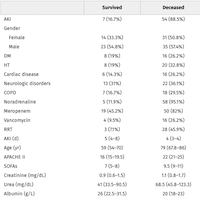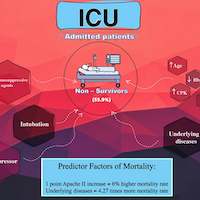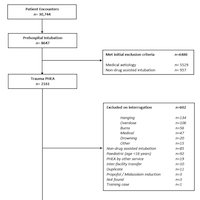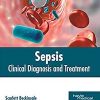Outcome After Out-of-Hospital Ventricular Fibrillation or Pulseless Ventricular Tachycardia
smw.ch
Survival was found to be at the upper range of the results retrieved by the systematic literature review. However, we found no significant improvements over time. The neurological outcomes of the survivors were favorable.
The generalizability of this study is limited by its small sample size. To further improve outcomes, more public health measures, such as a functioning chain of survival, are required.
Of 1423 confirmed OHCAs, 182 fulfilled our inclusion criteria. 91 were treated between 2006 and 2010, and 91 from 2011 to 2015. Thirty-one (34%) survived until hospital discharge in the first time period, 44 (48%) in the second time period (p = 0.071); 26/31 (83%) and 40/44 (91%) respectively had a CPC score of 1–2.
The outcomes of 182 patients who suffered bystander-witnessed, out-of-hospital ventricular fibrillation or pulseless ventricular tachycardia of cardiac aetiology was analyzed. These definitions were based on the Utstein style. Survival at hospital discharge (study period 2006 to 2015), 1-year survival (study period 2011 to 2015), neurological outcome (cerebral performance category [CPC] score) and the corresponding changes over time were evaluated. In addition, the results were compared with results obtained from a systematic review of the literature.
















